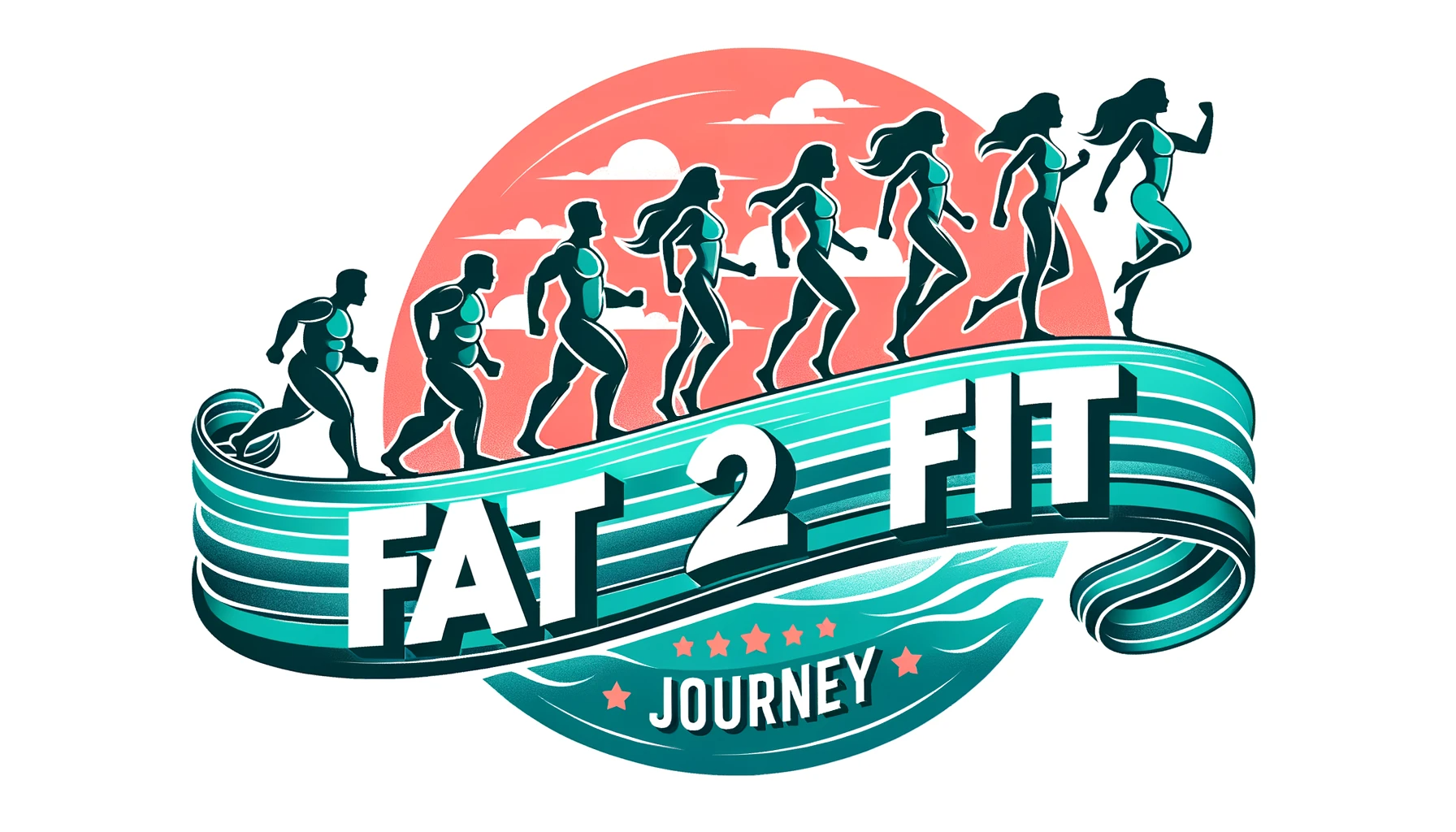Intermittent Fasting has gained popularity as a lifestyle approach to weight loss and overall health improvement. By strategically alternating between periods of fasting and eating, this method allows your body to enter a state of ketosis, where it burns stored fat for fuel. In addition to weight management, intermittent fasting has been associated with numerous health benefits such as improved brain function, increased energy levels, and reduced inflammation. Whether you’re looking to shed a few pounds or enhance your overall well-being, intermittent fasting might just be the lifestyle change you’ve been searching for.
Table of Contents
What is Intermittent Fasting?
Definition and Concept
Intermittent fasting is an eating pattern that involves alternating periods of fasting and eating. It is not a diet, but rather a way of structuring your meals to optimize health and weight management. The concept behind intermittent fasting is to give your body a break from constant food consumption, allowing it to enter a fasting state and utilize stored energy.
History and Origins
Intermittent fasting has roots in ancient religious and cultural practices. Fasting has been practiced for thousands of years for spiritual and health reasons. Religions such as Islam, Christianity, and Buddhism incorporate fasting into their rituals. In recent years, intermittent fasting gained popularity as a mainstream health and weight loss strategy due to its potential benefits.
Types of Intermittent Fasting
16/8 Method
The 16/8 method involves daily fasting for 16 hours and limiting your eating window to 8 hours. This can be achieved by skipping breakfast and only consuming meals between a specific timeframe, such as from 12 pm to 8 pm. It is a popular and easily manageable approach for beginners.
5:2 Diet
The 5:2 diet cycles between five days of regular eating and two non-consecutive days of severe calorie restriction (around 500-600 calories). On fasting days, individuals consume only a small amount of food or opt for complete fasting. This approach allows for flexibility while still providing the benefits of intermittent fasting.
Alternate Day Fasting
Alternate day fasting involves alternating between days of regular eating and fasting days. On fasting days, calorie intake is limited to 500-600 calories or completely avoided. This method might be more challenging, especially for those new to intermittent fasting, but it can provide significant results.
Eat-Stop-Eat
Eat-Stop-Eat follows a more extended fasting approach, where individuals fast for 24 hours once or twice a week. During the fasting period, only non-caloric fluids are consumed. This method requires discipline but can offer notable benefits.
Warrior Diet
The Warrior Diet involves a daily fasting period of 20 hours, followed by a 4-hour eating window in the evening. It resembles the eating patterns of ancient warrior cultures, where food intake was limited during the day and consumed in one large meal at night.
Spontaneous Meal Skipping
This approach involves instinctively skipping meals when not hungry or when it does not fit into your schedule. It allows for flexibility in the practice of intermittent fasting, but it may not provide as consistent and structured results as other methods.

Benefits of Intermittent Fasting
Weight loss and Body Composition
One of the primary reasons people turn to intermittent fasting is for weight loss. By restricting the eating window and reducing overall calorie intake, intermittent fasting can help create a caloric deficit, leading to weight loss. Additionally, it may help preserve muscle mass and improve body composition by reducing fat mass.
Improved Insulin Sensitivity and Blood Sugar Control
Intermittent fasting has been shown to enhance insulin sensitivity, allowing cells to effectively absorb glucose from the bloodstream. This can help regulate blood sugar levels and reduce the risk of insulin resistance and type 2 diabetes.
Reduced Inflammation
Chronic low-grade inflammation is linked to various health conditions, including heart disease, cancer, and autoimmune disorders. Intermittent fasting has the potential to reduce inflammation markers in the body, promoting overall health and well-being.
Enhanced Cellular Repair
During fasting periods, the body initiates a cellular repair process called autophagy. This process involves the removal of damaged cells and the recycling of cellular components. Intermittent fasting may stimulate autophagy, aiding in the rejuvenation and repair of cells.
Brain Health and Mental Clarity
Intermittent fasting has shown promising effects on brain health. It may protect against neurodegenerative diseases, improve cognitive function, and enhance mental clarity.
Longevity and Aging
Studies on animal models have indicated that intermittent fasting may increase lifespan and delay the onset of age-related diseases. While more research is needed, these findings suggest a potential link between intermittent fasting and longevity in humans.
How Intermittent Fasting Works
Effects on Hormones and Metabolism
Intermittent fasting can impact various hormones in the body, such as insulin, growth hormone, and norepinephrine. By altering hormone levels, it can facilitate fat burning, increase metabolic rate, and promote weight loss.
Autophagy and Detoxification
During fasting, the body activates autophagy, a process in which it eliminates damaged cells and promotes cellular detoxification. This can help rid the body of harmful toxins and waste products, improving overall cellular health.
Regulation of Gene Expression
Intermittent fasting has been found to influence gene expression, potentially impacting longevity and disease prevention. It can activate genes related to protection against oxidative stress, inflammation, and cellular repair.
Caloric Restriction and Energy Balance
Intermittent fasting primarily works by creating a caloric deficit, leading to weight loss. By limiting the eating window or fasting for specific periods, individuals naturally consume fewer calories, ultimately aiding in energy balance and weight management.

Getting Started with Intermittent Fasting
Consulting a Healthcare Professional
Before starting any dietary change, it is essential to consult with a healthcare professional, especially if you have underlying health conditions or take medications.
Choosing the Right Type of Intermittent Fasting
Consider your lifestyle, preferences, and health goals when selecting the type of intermittent fasting that suits you best. Experimentation may be necessary to find the approach that aligns with your needs.
Establishing an Eating Window
Determine the duration of your eating window and stick to it consistently. This could involve skipping breakfast or adjusting meal times to fit your schedule.
Meal Planning and Food Choices
Plan your meals to ensure balanced nutrition and make healthy food choices. Include a variety of fruits, vegetables, whole grains, lean proteins, and healthy fats.
Managing Hunger and Cravings
Hunger and food cravings can be challenging during fasting periods. Stay hydrated, consume foods that provide satiety, and distract yourself with activities to manage these feelings.
Staying Hydrated and Properly Nourished
Drink plenty of water during fasting periods to stay hydrated. When breaking your fast, focus on consuming nutrient-dense meals to nourish your body.
Safety and Considerations
Effectiveness and Suitability for Different Individuals
Intermittent fasting may not be suitable for everyone. Individuals with certain medical conditions, such as diabetes or eating disorders, may need to approach fasting with caution or avoid it altogether. It is essential to assess your specific circumstances and seek professional guidance if needed.
Potential Side Effects and Risks
While intermittent fasting is generally safe for most people, it can have side effects such as hunger, irritability, and difficulty concentrating, especially during the initial adjustment period. It is crucial to listen to your body and discontinue fasting if any adverse effects occur.
Addressing Nutritional Deficiencies
Maintaining a balanced diet and ensuring adequate nutrient intake is crucial during intermittent fasting. Pay attention to consuming a variety of nutrient-rich foods to prevent deficiencies.
Interactions with Medications or Medical Conditions
If you take medications, have a medical condition, or are pregnant or breastfeeding, it is crucial to consult with a healthcare professional before embarking on intermittent fasting. Medication dosage may need adjustment, and fasting might not be suitable for specific conditions.

Myths and Misconceptions
Intermittent Fasting is Starvation
Intermittent fasting is not starvation. It is a controlled and intentional approach to managing meal timings to optimize health benefits. Unlike starvation, intermittent fasting involves regular periods of eating within specific windows.
Breakfast is the Most Important Meal
The belief that breakfast is the most important meal is not necessarily true. Intermittent fasting allows for flexibility in meal timing and challenges the notion that breakfast is essential for everyone. The emphasis should be on overall balanced nutrition rather than conforming to specific mealtime norms.
Restricting Eating Times Slows Down Metabolism
Contrary to popular belief, intermittent fasting does not slow down metabolism. In fact, it may have positive effects on metabolic rate and fat burning.
No Need to Pay Attention to Food Quality
While intermittent fasting focuses on when to eat, it is still essential to pay attention to the quality of the food consumed. Nutrient-dense, whole foods should be prioritized to ensure optimal health benefits.
Intermittent Fasting is a Quick Fix
Intermittent fasting is not a quick fix or a magic solution for weight loss or health. It is a lifestyle change that requires consistency, discipline, and a holistic approach to overall well-being.
Combining Intermittent Fasting with Other Lifestyle Factors
Exercise and Physical Activity
Incorporating regular exercise and physical activity is highly recommended while practicing intermittent fasting. Physical activity can help optimize the benefits of fasting and promote overall health and fitness.
Sleep and Rest
Adequate sleep and rest are vital components of a healthy lifestyle. Prioritize getting enough sleep each night to support your body’s functions and optimize the benefits of intermittent fasting.
Stress Management
Stress can impact overall health and well-being. Implement stress management techniques such as meditation, deep breathing exercises, or engaging in activities you enjoy to reduce stress levels and support your intermittent fasting journey.
Hygiene and Self-Care
Maintaining proper hygiene and self-care practices are essential in supporting your overall well-being. Focus on self-care activities such as relaxation, personal grooming, and maintaining a clean and organized living space to enhance your intermittent fasting experience.
Frequently Asked Questions (FAQs)
Can I Drink Water or Other Beverages during Fasting?
Yes, you can drink water, herbal tea, black coffee, and other non-caloric beverages during fasting periods. It is important to stay hydrated, especially when abstaining from food for extended periods.
Does Intermittent Fasting Affect Muscle Mass?
When done correctly and in combination with regular exercise, intermittent fasting can help preserve muscle mass and promote fat burning. Adequate protein intake during the eating window is important for muscle maintenance.
Can Women Practice Intermittent Fasting?
Yes, women can practice intermittent fasting. However, some women may experience hormonal changes that can affect their fasting experience. It is important for women to listen to their bodies and adjust their fasting approach as needed.
Is Intermittent Fasting Suitable for Everyone?
Intermittent fasting may not be suitable for everyone, especially those with specific health conditions or nutritional requirements. Consulting with a healthcare professional is important to determine if intermittent fasting is safe and appropriate for individual circumstances.
Conclusion
Intermittent fasting is a flexible and effective approach to managing meal timings that has gained popularity for its potential health benefits. From weight loss and improved insulin sensitivity to enhanced cellular repair and brain health, there are numerous reasons why people choose to incorporate intermittent fasting into their lifestyles. By understanding the different types of intermittent fasting, its mechanisms, and considerations for safety, individuals can embark on this journey with confidence. Remember to consult with a healthcare professional and prioritize overall health and well-being while practicing intermittent fasting.
